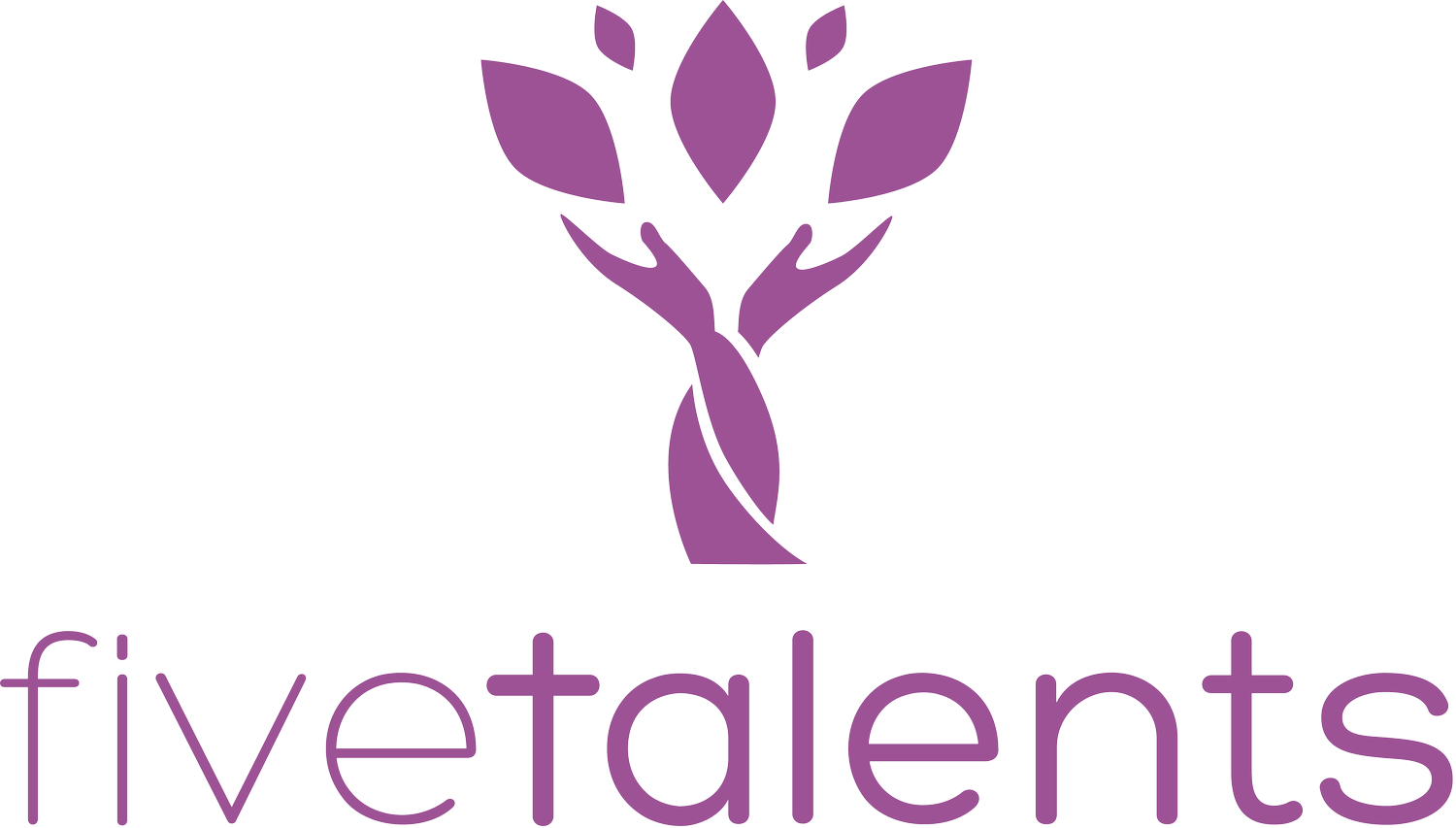In South Sudan, meetings are often held under the shade of a tree or if near electricity, accompanied by the whir of a fan.
Relationships are fostered and communities grow amidst sweltering heat, just as they have for thousands of years. Over the past few days, Five Talents CEO, Sonia Harter Patterson, has visited savings group members at markets in Juba and spent time with refugees building new lives after fleeing violence and war. She's also reflected with church leaders and banking experts on financial inclusion in Juba and across South Sudan. It is "very, very hot. Hot to the point you are [exhausted even when you sit]."
Juba has long been a trading post, a river port along the White Nile, drawing traders from Egypt and across Eastern Africa. As the city has grown, its open-air markets have blossomed, a maze of vendors ply their goods and share stories and dreams amidst the afternoon heat.
At the Konyo Konyo Market in the heart of Juba, hardward is sold alongside second-hand clothing, mobile phones, fruits, vegetables, and cosmetics. Dried sorghum, millet, lentils, ground nuts and beans are abundant and measured out in empty tins or brightly colored pitchers. Sweet potatoes, bananas, pawpaw, okra, tomatoes and red onions sit neatly in rows and are shaded from the sun by burlap or plastic tarps.
At the foot of the Jebel Kujur Hill, another market offers building supplies, electronics and groceries. There are numerous restaurants along the way, small shacks offering beef stew or roasted goat meat along with kales and kisra, a type of fermented bread. Young men offer taxi rides via motorcycle or bicycle and chew sugarcane while talking football and politics.
It is in these markets that many of Five Talents savings group members establish and grow their businesses. These entrepreneurs provide income for their families and can now access healthcare and afford school fees for their children.
Highways connect residents of Juba to neighboring countries of Kenya, Uganda, and the Democratic Republic of Congo. There is great opportunity for importing and exporting commodities, but the roads are neglected, damaged by war, and often upaved.
Yesterday, South Sudan officially became a member of the East African Community. This improves prospects for regional security and trade, and it opens up the country to a market of 150 million members. The impacts of South Sudan's membership, however, will take time to materialize.
In the meantime, life in rural areas of South Sudan continues in many ways as it always has.
The day begins before dawn or with the first rays of the morning sun. Many farmers take advantage of the coolness of morning to plow and weed their fields, small gardens within the homestead. Cows are milked, watered and taken to pasture. Chickens are fed, firewood is gathered, and the floor of the round hut, or tukul, is swept.
The landscape is heavy red clay, broken by acacia and cassia trees, shrubs and grass. Closer to the branches of the Nile, rain forest predmoniates, but for most South Sudanese in the savannah or along the plateu farming and life rely on the rains.
Breakfast is cooked slowly over three stones. For those who have the means, black tea or coffee may be taken with bread, nuts, sweet potatoes, or porridge. Children proudly put on their uniforms and begin the walk to school, collecting friends along the way. Some attend class in brick or stone rooms, more meet in grass-thatched huts, and others gather beneath trees. Over one million do not attend school and the completion rate for primary school is only ten percent.
Many schools break at lunchtime. There is no school lunch and children return home to help their families and prepare an evening meal.
At the homestead, several generations are gathered. The village grows up around the tukul, as father passes on land to his children who in turn build in farm in the same community.
The women cook, while the children assist and hear stories from grandmother. Men return from the fields or sit and listen to the radio.
Once a week, over 26,000 women and men gather for savings group meetings. Many meet at their churches, pulling up benches or chairs or taking a seat beneath a tree after a morning of worship. These are the people working to build a new nation. These are our partners and friends.
Sonia Patterson served as the Executive Director for Five Talents from 2011 to 2015.







